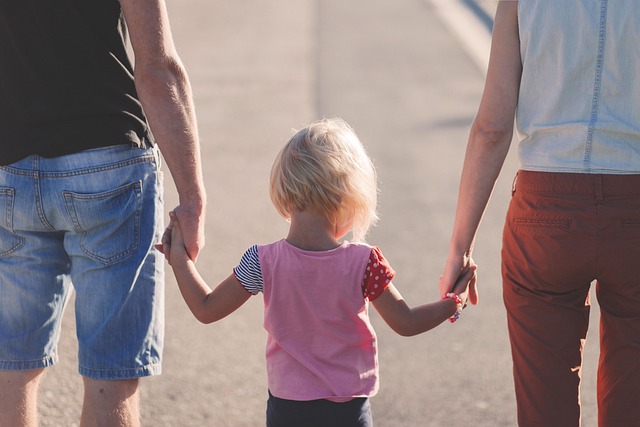
Newborn Hiccups
Understanding Newborn Hiccups
Ah, the joys of parenthood! Between diaper changes and late-night feedings, there’s one phenomenon that can leave even the most seasoned parents scratching their heads: newborn hiccups. These little spasms may seem trivial, but they’re a rite of passage in the early life of your tiny human. So, let’s dive into the world of hiccups and uncover what’s really going on.
What Causes Newborn Hiccups?
First off, let’s address the elephant in the room—or should I say, the hiccuping baby in the crib? Newborn hiccups are often caused by a few simple factors:
- Overeating: Just like adults, babies can sometimes bite off more than they can chew. If they eat too quickly or too much, their little bellies can get a bit overzealous and trigger hiccups.
- Air Swallowing: When babies gulp down their milk, they might also be gulping down air. This can lead to those adorable little hiccup spasms.
- Developmental Milestones: Hiccups are a normal part of your baby’s development. They help with brain and breathing development. Who knew hiccups were so multi-talented?
When Do Hiccups Happen?
Newborn hiccups can occur at any time, but they’re especially common during or after feedings. You might even notice your little one hiccuping while still in the womb—talk about an early introduction to life's quirks! 😄
How to Handle Hiccups
So, what should you do when your baby starts hiccuping? Here are some tips to help you navigate this rather cute yet puzzling situation:
- Burp Your Baby: Sometimes, a good burp can do wonders. Gently patting your baby’s back during feedings can help release trapped air, reducing the chances of hiccups.
- Change Positions: Try holding your baby upright for a while. This can help with digestion and may reduce hiccups.
- Feed Smaller Amounts: If your baby seems to be prone to hiccups, consider offering smaller, more frequent feedings. It’s like portion control for infants!
When to Worry
While hiccups are usually harmless, there are times when they might warrant a call to the pediatrician. If your baby’s hiccups are frequent and accompanied by signs of distress, such as crying or difficulty breathing, it’s best to consult a professional. Better safe than sorry, right?
Conclusion
In the grand scheme of parenting, newborn hiccups are just a tiny blip on the radar. They’re a normal part of your baby’s development and typically nothing to fret about. So, the next time your little bundle of joy starts hiccuping like a tiny, adorable frog, just remember that it’s all part of the experience. Embrace the hiccups, and enjoy the ride! 🍼


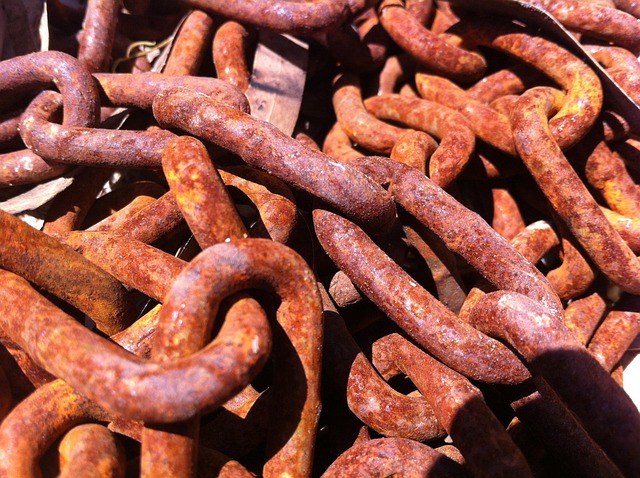




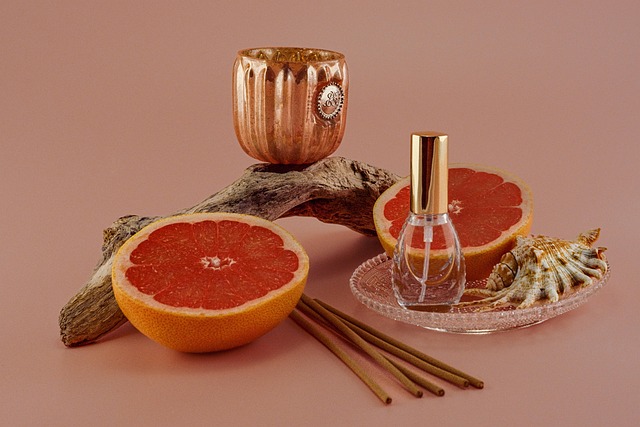


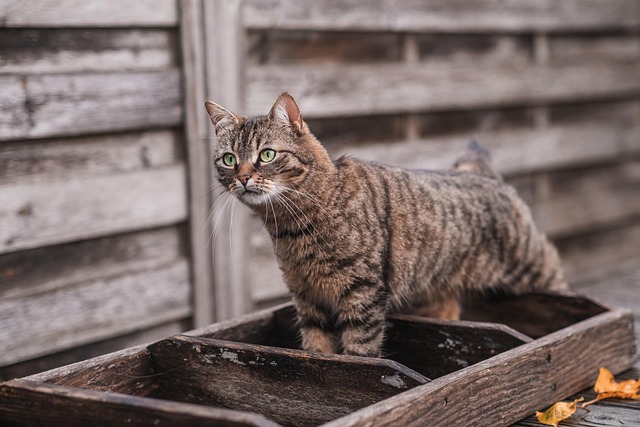
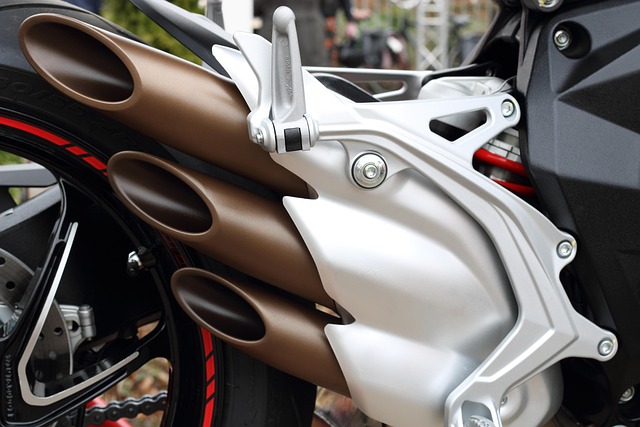
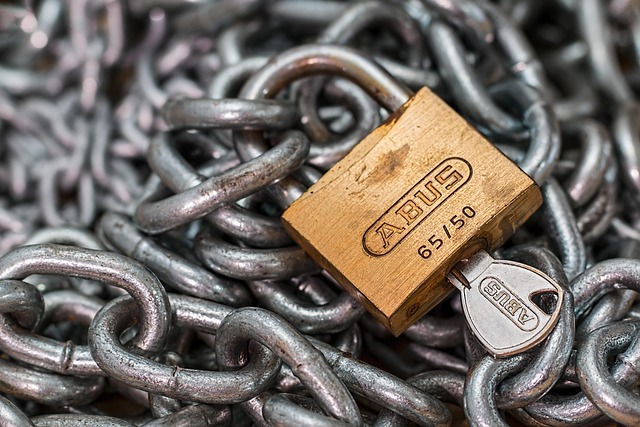

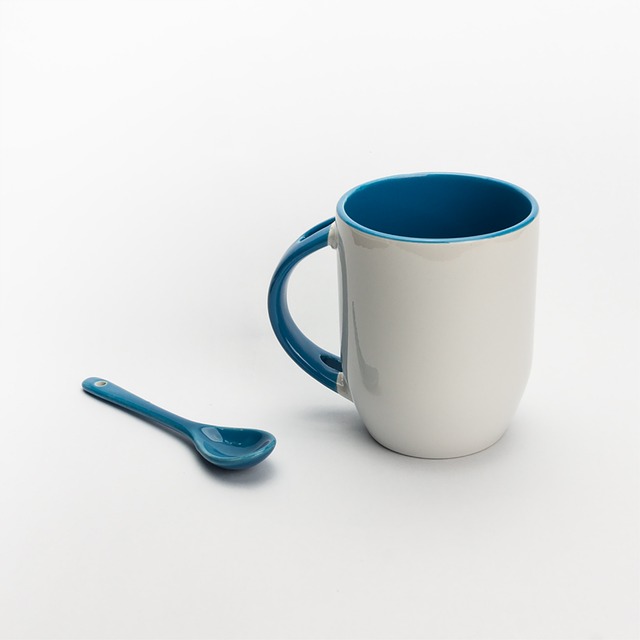
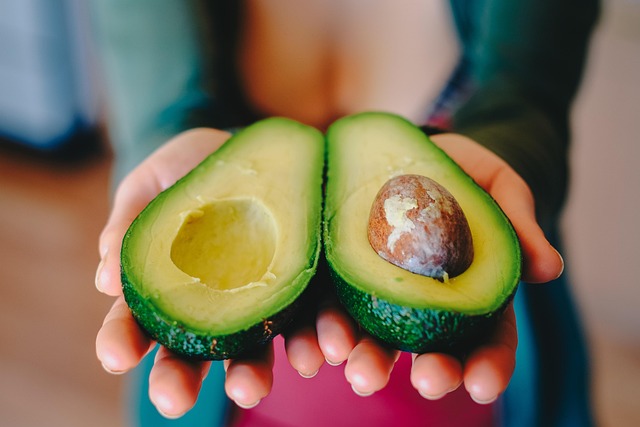

 Maxwell Townsend Additions
Maxwell Townsend Additions 
 Health
Health  Fitness
Fitness  Lifestyle
Lifestyle  Tech
Tech  Travel
Travel  Food
Food  Education
Education  Parenting
Parenting  Career & Work
Career & Work  Hobbies
Hobbies  Wellness
Wellness  Beauty
Beauty  Cars
Cars  Art
Art  Science
Science  Culture
Culture  Books
Books  Music
Music  Movies
Movies  Gaming
Gaming  Sports
Sports  Nature
Nature  Home & Garden
Home & Garden  Business & Finance
Business & Finance  Relationships
Relationships  Pets
Pets  Shopping
Shopping  Mindset & Inspiration
Mindset & Inspiration  Environment
Environment  Gadgets
Gadgets  Politics
Politics 